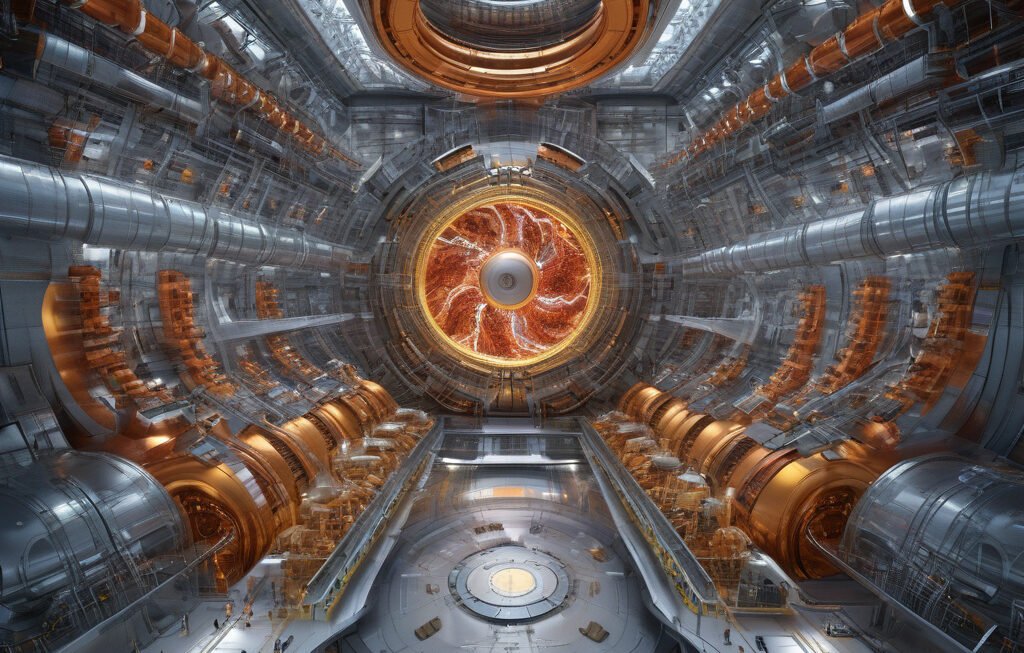Anticipating Fusion Success: AI Model Outperforms Traditional Simulations
In the realm of cutting-edge energy research, a groundbreaking development has recently taken place. Scientists have successfully utilized a physics-informed deep learning system to predict fusion ignition ahead of experimental trials. This remarkable feat not only demonstrates the tremendous potential of artificial intelligence in advancing scientific endeavors but also signifies a significant leap forward in the field of AI-assisted energy research.
Traditionally, predicting the outcome of fusion experiments has been a complex and challenging task, often relying on intricate simulations that are computationally intensive and time-consuming. However, the advent of AI has revolutionized this process, offering a more efficient and accurate means of forecasting fusion success.
The utilization of a physics-informed deep learning system in this context represents a paradigm shift in how scientists approach fusion research. By combining the power of machine learning with the fundamental principles of physics governing fusion reactions, researchers were able to develop a predictive model that outperformed traditional simulation methods.
What sets this AI model apart is its ability to anticipate fusion ignition with a high degree of accuracy and reliability. By analyzing vast amounts of experimental data and incorporating physics-based constraints, the deep learning system was able to identify key parameters influencing the ignition process and make precise predictions ahead of time.
This breakthrough not only streamlines the experimental process by providing researchers with valuable insights prior to conducting trials but also opens up new possibilities for optimizing fusion reactions and enhancing energy efficiency. With the ability to anticipate ignition outcomes, scientists can now fine-tune experimental conditions and parameters to achieve the desired results more effectively.
Moreover, the success of this AI-assisted approach underscores the transformative potential of artificial intelligence in driving innovation across diverse scientific disciplines. By harnessing the power of machine learning algorithms to augment traditional research methodologies, scientists can unlock new opportunities for discovery and advancement.
Looking ahead, the integration of AI into fusion research holds immense promise for the future of clean energy technology. As the demand for sustainable energy sources continues to grow, leveraging artificial intelligence to enhance fusion reactions could pave the way for a more efficient and environmentally friendly energy landscape.
In conclusion, the recent achievement of using a physics-informed deep learning system to anticipate fusion success represents a significant milestone in the field of energy research. By surpassing the capabilities of traditional simulations and offering a more accurate and efficient predictive model, this development showcases the transformative potential of AI in advancing scientific innovation. As scientists continue to explore the possibilities of AI-assisted research, the fusion of machine learning and physics promises to drive further progress in the quest for sustainable energy solutions.
fusion, AI model, energy research, deep learning, scientific innovation












